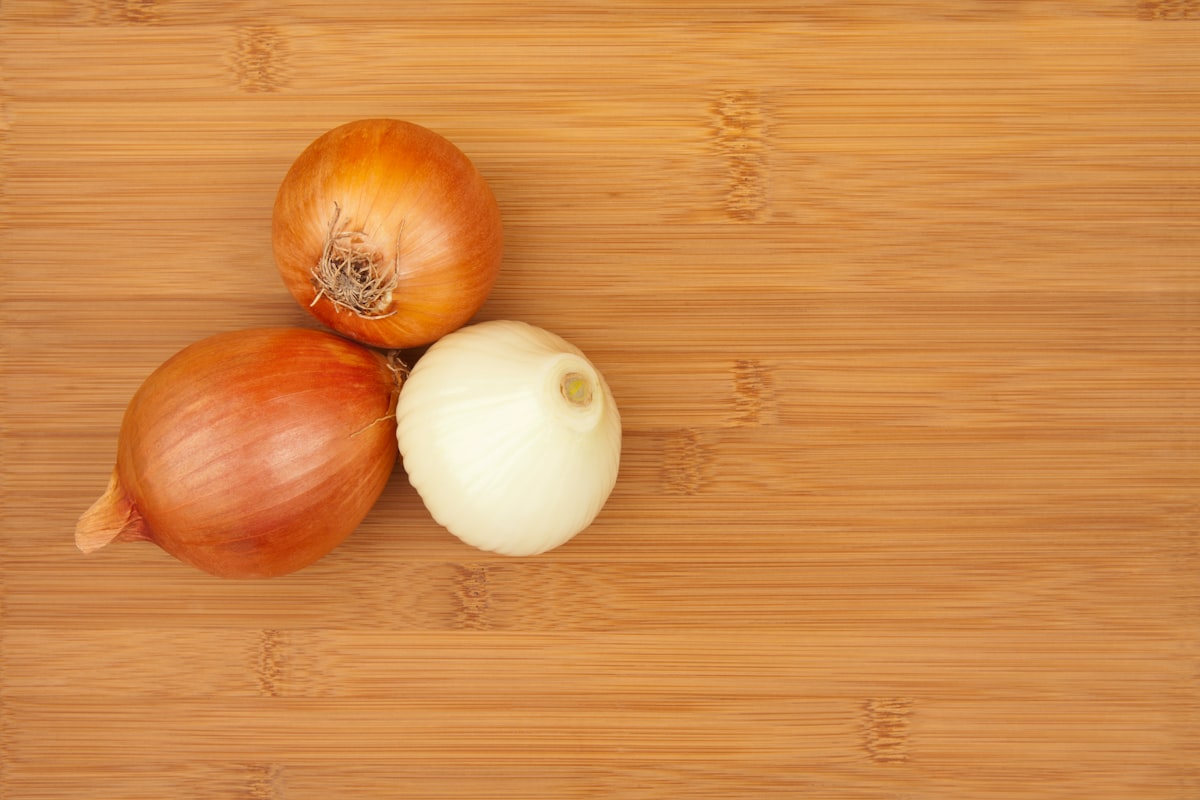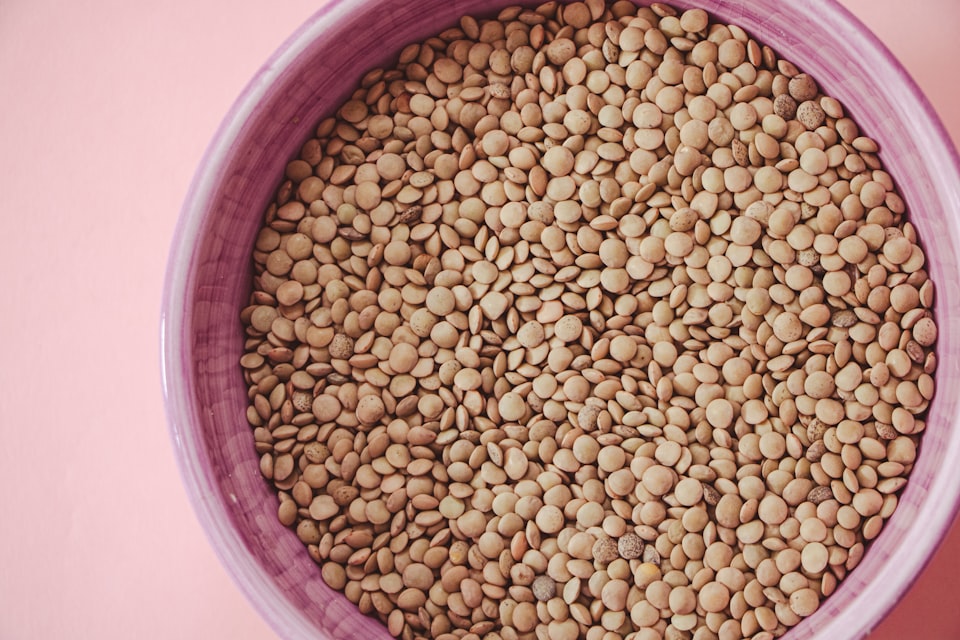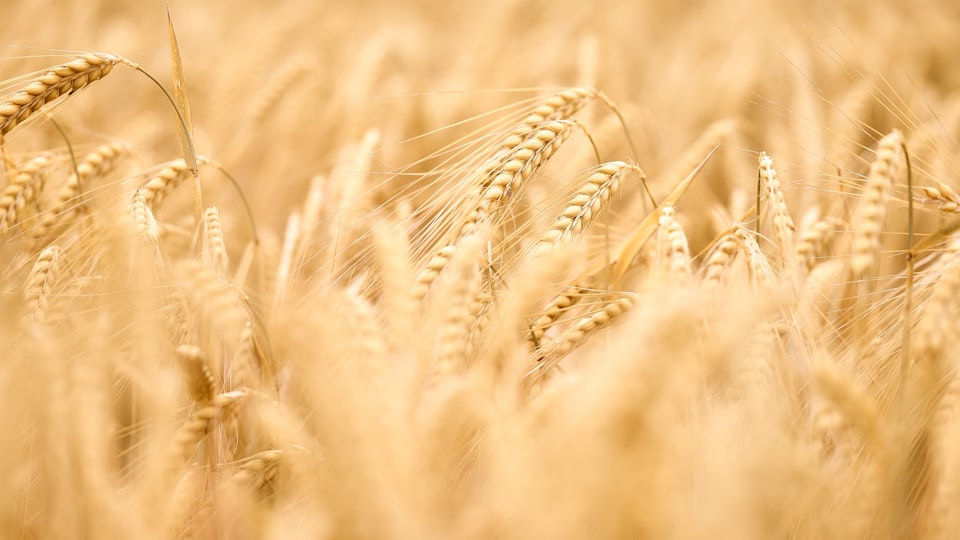III: Onion
The strange reason you can't trade onions.

Good morning. Today is tridi, the 3rd of Messidor, Year CCXXXI. We celebrate l'oignon, the acid-filled bulb we can't live without.
The Chicago Mercantile Exchange sits, majestic and statue-topped, just a short ride on the Red Line from Morning Croissant headquarters. Commodities trading has always struck me as a fascinating game, working in the world of pure widgets as opposed to brand valuations, executive reputations, and product pipelines. You can see the math of the economy laid bare in the ups and downs of commodities.
The argument of many economists – most prominently the University of Chicago's highly decorated economics department, natch – is that the Merc allows for price volatility to work itself out on the trading floor, leading to more stable prices at the grocery store that more accurately reflect the true cost and supply of food. The best case study for whether or not this is true happens to be onions for the simple reason that, since CLXVI (1958), it's been illegal to trade onions (and only onions) as commodities.



